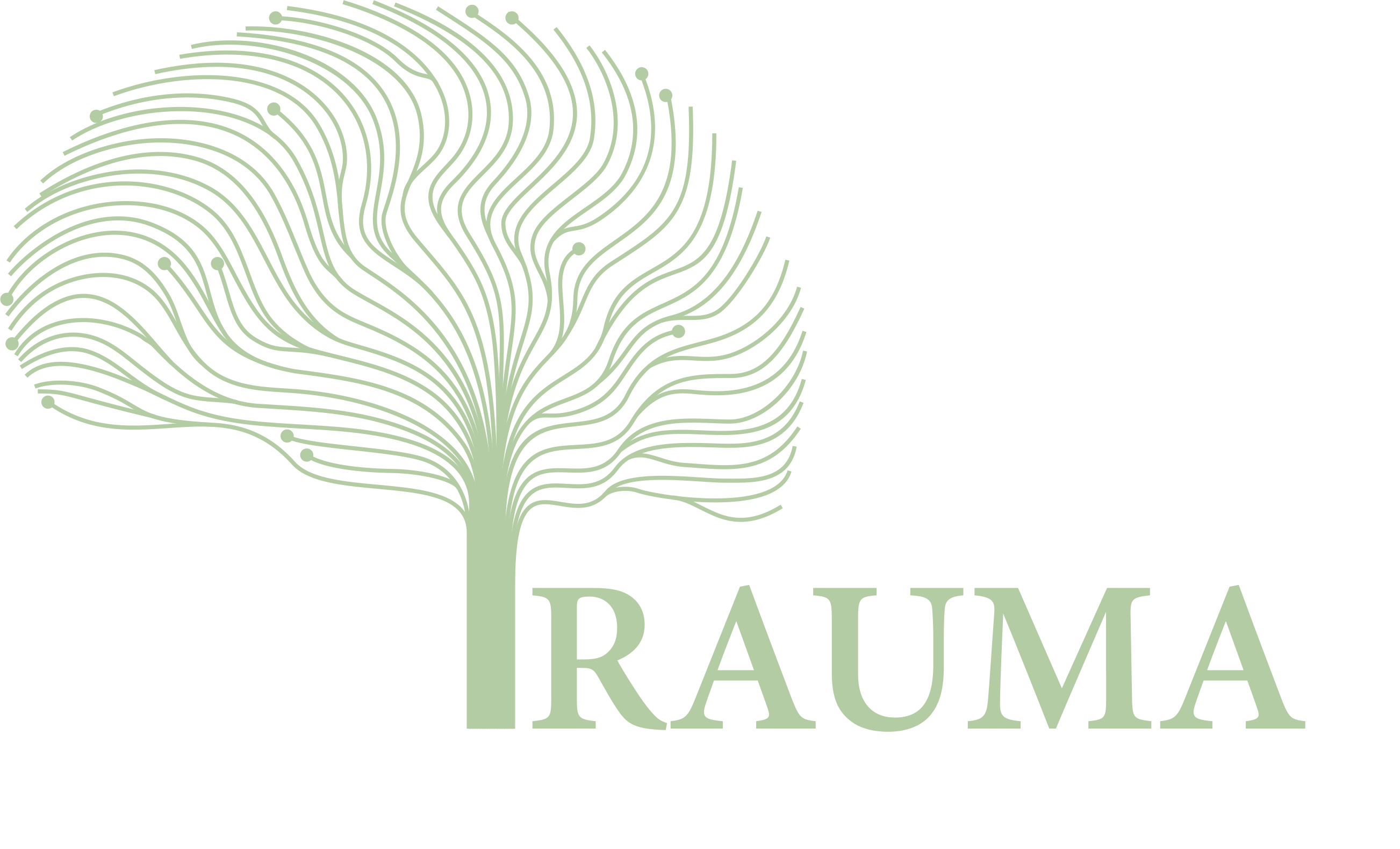CBT for Anxiety and Depression
Cognitive Behavioral Therapy (CBT) is an evidence-based treatment approach that centers on the understanding that one’s thoughts, emotions, and behaviors are connected. In other words, it emphasizes that the way you think can influence how you feel, which in turn can influence your behavior.
For those who are experiencing symptoms of anxiety and depression, it can be common to
have maladaptive and unrealistic thought patterns. Symptoms of anxiety and depression can sometimes be associated with a history of trauma or stressful situations that have led a person to perceive themselves, others, or situations in a particular way. Symptoms of anxiety may involve difficulty controlling worry and feeling afraid that something awful might happen. Symptoms of depression may involve feeling bad about oneself and experiencing shame and self-blame – usually in a manner that is excessive and takes away from the life you want to live.
A therapist with a Cognitive Behavioral Therapy (CBT) approach can give language and help you build insight into how the thought patterns from your past can continue to influence you in your daily life. CBT is the most well-researched therapy to help guide you as you build realistic and more healthy ways of thinking that can positively affect how you navigate through situations and relationships. Understanding your specific thinking patterns with your therapist will increase your understanding of your inner dialogue and ability to challenge the troublesome thinking and feeling that can be prevalent in those struggling with anxiety and/or depression. Look below to see examples of such cognitive distortions and see if you may benefit from a Cognitive Behavioral Therapy treatment approach.
Examples of Cognitive Distortions:
- Personalization: When one feels responsible for a situation that is realistically out of their control. This can often lead to feelings of self-blame and guilt.
- Overgeneralization: When one makes a broad assumption about something from a limited or single experience. This assumption will often include phrases such as “I/they always ____” or “I/they never ____.”
- Jumping to Conclusions: When one interprets a situation without real evidence or sufficient information.
- “Should Statements”: These are often unrealistic expectations one has towards themselves or others. These statements focus on what one “should” or “must” do.
- Mental Filter: When one dwells on only the negative aspects of a situation while filtering out the positive aspects.
Your outlook towards yourself, others, and the world can ultimately influence your behaviors and the way you navigate your way through life. At Trauma Therapy CA, we have seen such cognitive distortions develop from earlier stress and trauma. Changing your outlook requires daily application and commitment. Our providers can help guide you in identifying what thought patterns and behaviors may be barriers in your life, and help illuminate ways you can reclaim your life with balance.



